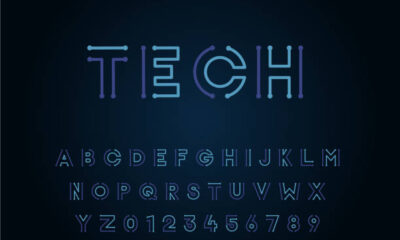
Key Takeaways Edge computing, 5G, and AI are key solutions for reducing latency in cloud gaming. Enhanced real-time interactions will improve gaming experiences as these technologies...


In the ever-evolving digital landscape, certain names and identities gradually gain traction, sparking curiosity, engagement, and influence. Similarly, Monkeygg2 has emerged as a name that continues...

Life is a collection of cherished moments, woven together by love, resilience, and shared experiences. When a beloved individual departs, their legacy remains alive in the...

Italy has long been synonymous with timeless elegance, breathtaking landscapes, and rich cultural heritage. Whether exploring the rolling hills of Tuscany, the glamorous Amalfi Coast, or...

Technological advancements continue to shape industries, influencing daily life and professional environments. ghuk-y44551/300 has emerged as a significant innovation, demonstrating exceptional adaptability across various sectors. Understanding...

Evolution of Digital Solutions and fuq.comn’s Role The rapid advancements in technology have reshaped the way businesses operate. fuq.comn has emerged as a crucial player, offering...

adsy.pw/hb5 has emerged as a valuable tool in the dynamic world of content marketing. Businesses today face intense competition, requiring innovative methods to stay ahead. The...
Nickel’s Role in the Global Financial Ecosystem Nickel has long been regarded as a crucial industrial metal, influencing various sectors from electric vehicle production to stainless...

The Evolution of Online News Platforms In today’s fast-paced digital world, scoopupdates.com has emerged as a go-to platform for real-time news and trending updates. With the...
Introduction In a world dominated by digital screens, it may seem unexpectedly retro to lean into print media for your business’s marketing endeavors. Yet, high-quality booklets...